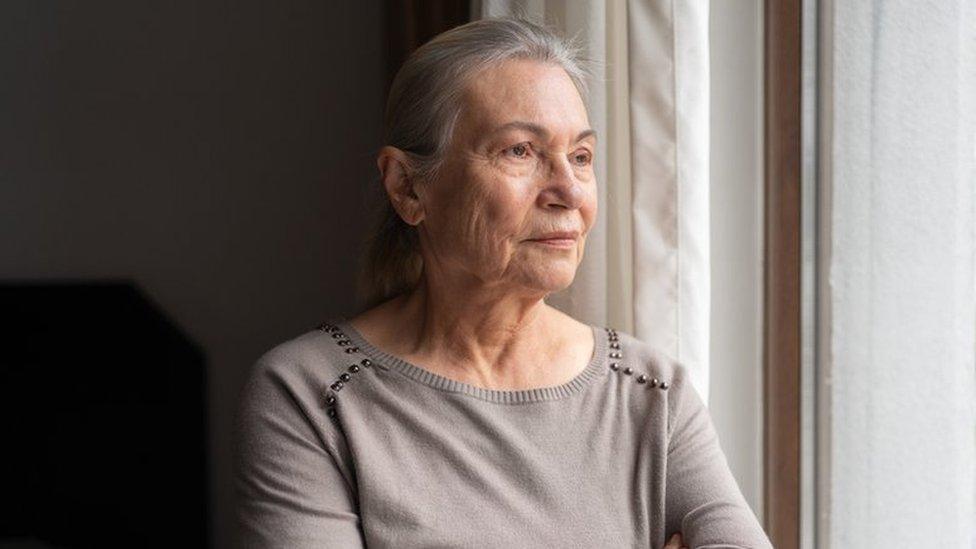 Image source, Getty Images
Image source, Getty Images
Proposals to give terminally ill people in England and Wales the right to choose to end their life will be debated in Parliament later in October.
A separate bill is already under discussion in Scotland.
Jersey and the Isle of Man are also considering changing the law.
Several countries have legalised assisted dying, assisted suicide or euthanasia, which are all different.
What is assisted dying?
There is some debate over exactly what the various terms mean, external.
But assisted dying is generally used to describe a situation where someone who is terminally ill seeks medical help to obtain lethal drugs which they administer themselves.
What is assisted suicide?
Assisted suicide is intentionally helping another person to end their life, external. It can involve people who are not terminally ill, external.
Providing someone with a lethal dose of sedatives or helping them go to Switzerland - where assisted suicide is legal - could both be considered assisted suicide.
What is euthanasia?
Euthanasia is the act of deliberately ending a person's life, external to relieve suffering in which a lethal drug is administered by a physician, external.
It is legal in fewer places than assisted dying or assisted suicide and patients do not necessarily have to be terminally ill, external.
There are two types, external: voluntary euthanasia, where a patient has given consent, and non-voluntary, where they have not been able to, for example if they are in a coma.
Are euthanasia, assisted dying or assisted suicide legal in the UK?
The laws throughout the UK prevent people from asking for medical help to die.
More specifically, euthanasia is illegal under English law and is considered manslaughter or murder. The maximum penalty is life imprisonment.
The Suicide Act 1961 also makes it illegal to encourage or assist a suicide in England and Wales. Those found guilty could face up to 14 years in prison.
Similar laws also exist in Northern Ireland.
There is no specific crime of assisting a suicide in Scotland but it is possible that helping a person to die could lead to prosecution for culpable homicide.
In March 2024, a report from the Health and Social Care Committee highlighted confusion over the rules governing UK doctors whose patients want to go abroad to die, external.
The British Medical Association (BMA) advises doctors against producing medical reports to facilitate assisted suicide abroad.
UK membership of Dignitas, the Swiss assisted dying association, jumped to 1,900 people in 2023, according to the organisation, a 24% rise on the previous year.
It said 40 people from the UK ended their lives at Dignitas in 2023, the highest number since 2019. Between 1998 and 2023 the organisation helped 571 Britons to die, external.
How might the law change in England and Wales?
Labour MP Kim Leadbeater is putting forward a bill that would give terminally ill people in England and Wales the right to end their life.
The details have not been finalised but the bill is expected to be similar to one introduced in the House of Lords in July 2024, under which terminally ill adults with six months or less to live would be able to be given medical help to end their own lives.
Ms Leadbeater's bill is expected to be formally introduced in the House of Commons on 16 October, with a debate and initial vote to follow later in 2024.
It would have to be approved by MPs and peers before it becomes law.
Prime Minister Sir Keir Starmer previously promised to give Labour MPs a free vote on the issue and has personally supported calls for a change in the law.
MPs last rejected a bill on the issue in 2015.
How might the law change in Scotland?
Liberal Democrat MSP Liam McArthur has drafted the Assisted Dying for Terminally Ill Adults (Scotland) Bill.
If passed by MSPs, it would allow terminally ill adults to request assistance to end their life.
To be eligible, applicants would have to:
be resident in Scotland for at least 12 months
be registered with a GP in Scotland
have the mental capacity to make the request
But in October 2024, Scottish Health Secretary Neil Gray said the proposed legislation went beyond the limits of Holyrood's powers, as issues related to the lethal drugs that would be used to end patients' lives were reserved to the Westminster government.
Mr McArthur said he was "very confident" the UK and Scottish governments could work together to ensure the bill became law if it was backed by MSPs.
Two previous attempts to pass bills on assisted dying, in 2010 and 2013, both led by the late MSP Margo MacDonald, who had Parkinson's disease, were rejected.
Who wants the law on assisted dying to change?
Both the BMA, external and Royal College of Nursing, external have neutral positions on assisted dying.
But campaigners representing people with terminal and life-limiting illnesses have made a number of attempts to alter the law in recent years.
Ms Leadbetter told BBC News "now is the time" to hold a fresh debate on assisted dying.
"The current situation isn't particularly safe and there isn't actually the choice that I believe people deserve and should have," she said.
One of the highest-profile advocates for change is broadcaster Dame Esther Rantzen, who joined Dignitas after being diagnosed with stage-four lung cancer.
Image source, PA Media
Image caption,Dame Esther Rantzen, who has stage four lung cancer, has joined Dignitas in Switzerland
She launched a petition in support of assisted dying in December 2023.
It received more than 200,000 signatures, and triggered a debate in Parliament on 29 April. Dame Esther urged MPs to attend, despite the lack of a binding vote.
"All I'm asking for is that we be given the dignity of choice," Dame Esther told BBC News, after details of Ms Leadbetter's bill emerged.
"If I decide that my own life is not worth living, please may I ask for help to die - it's a choice."
Who opposes assisted dying?
Paralympian and House of Lords crossbencher Baroness Grey-Thompson is against changing the law.
She told BBC News she was worried about "the impact on vulnerable people, on disabled people, coercive control, and the ability of doctors to make a six-month diagnosis".
Image source, Getty Images
Image caption,Lady Grey-Thompson is a long-standing critic of legalising assisted dying
Palliative care and public-health doctor Dr Lucy Thomas said assisted dying was a last resort courts were better placed to judge than doctors - and choosing to end your life was not a "straightforward consumer decision".
Actor and disability-rights activist Liz Carr, who made BBC One documentary Better Off Dead?, also opposes changing the law.
"Some of us have very real fears based on our lived experience and based on what has happened in other countries where it's legal," she wrote on X, formerly known as Twitter.
Dr Gordon Macdonald, chief executive of campaign group Care Not Killing, said Ms Leadbetter's bill was "clearly disappointing".
"I would strongly urge the government to focus on fixing our broken palliative-care system that sees up to one in four Brits who would benefit from this type of care being unable to access it, rather than discussing again this dangerous and ideological policy," he said.
But Ms Leadbetter says her bill "will not undermine calls for improvements to palliative care".
What is the legal position in the Isle of Man and Jersey?
Jersey and the Isle of Man are part of the British Isles but set their own laws. Both islands are considering proposals to allow assisted dying.
Politicians in the Isle of Man parliament have been debating the Assisted Dying Bill, which was introduced by Dr Alex Allinson who serves as an independent member of the House of Keys, roughly equivalent to the House of Commons at Westminster.
If the legislation is passed, it would only apply to those who have been resident on the Isle of Man for five years, to discourage so-called "death tourism".
Jersey's politicians backed the principle of legalising assisted dying in 2021.
In May 2024, they approved plans to allow assisted dying for those with a terminal illness "causing unbearable suffering".
It is expected to take about 18 months to draft the relevant law.
If this is approved, a further 18-month implementation period would begin, meaning any change would not come into effect before summer 2027.
Where is euthanasia or assisted dying legal around the world?
The Dignity in Dying campaign group says more than 200 million people around the world have legal access to some form of assisted dying, external.
Switzerland has allowed assisted suicide since 1942. Its Dignitas facility began operating in 1998. However, all forms of euthanasia are against the law.
Assisted suicide is also legal in neighbouring Austria.
In the US,11 states allow assisted dying. Known as "physician-assisted dying", it permits doctors to prescribe lethal drugs for self-administration.
Physician-assisted dying is legal in Oregon, California, New Mexico, Colorado, Washington, Hawaii, New Jersey, Vermont, Maine and Washington DC.
In Montana, court rulings allow doctors to defend themselves if they assist in a person's suicide.
Voluntary euthanasia is legal in Canada where it is called medical assistance in dying. It can be provided by a doctor or nurse practitioner, either in person or through the prescription of drugs for self-administration.
It is also legal in Spain and Colombia, both of which also permit assisted suicide.
Assisted dying is legal in some parts of Australia but the law differs across states. It is not permitted in either the Northern or Australian Capital territories which have separate legal systems.
New Zealand's End of Life Choice Act legalises assisted dying and allows adults in their final months of life to request assistance from a medical professional.
Three countries have laws that allow people who are not terminally ill to receive assistance to die: The Netherlands, Belgium and Luxembourg.

 German (DE)
German (DE)  English (US)
English (US)  Spanish (ES)
Spanish (ES)  French (FR)
French (FR)  Hindi (IN)
Hindi (IN)  Italian (IT)
Italian (IT)  Russian (RU)
Russian (RU)  10 hours ago
10 hours ago
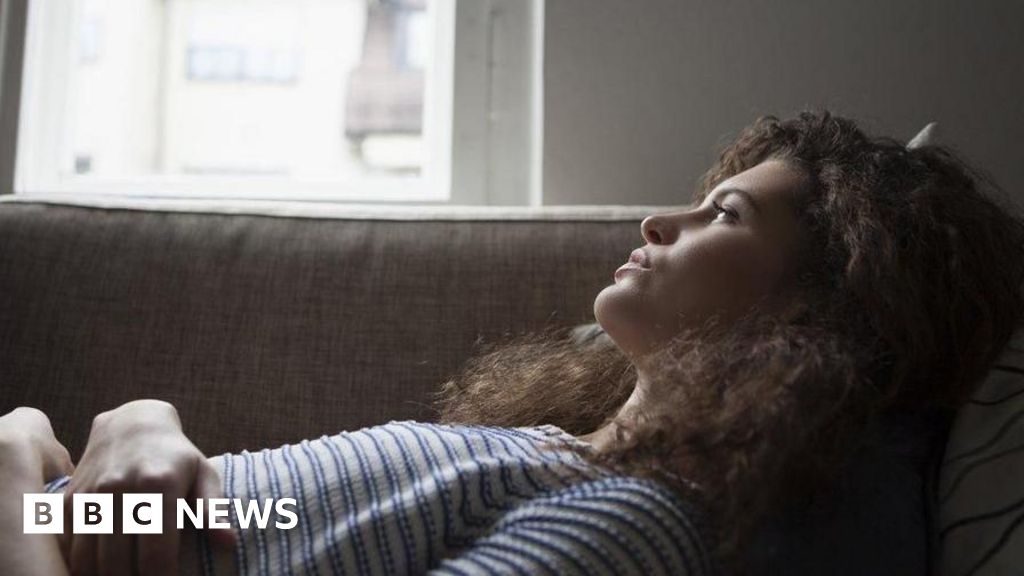


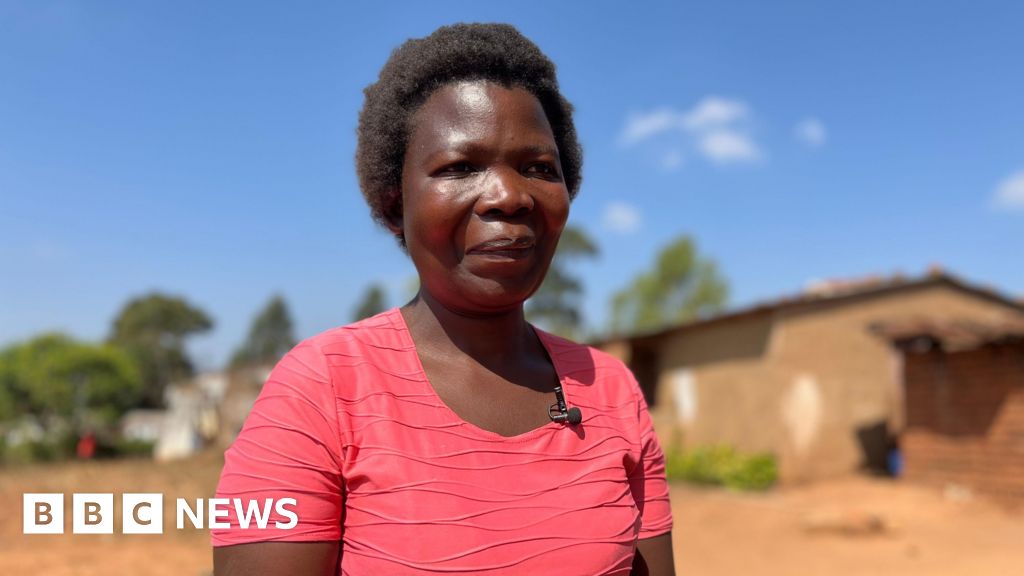
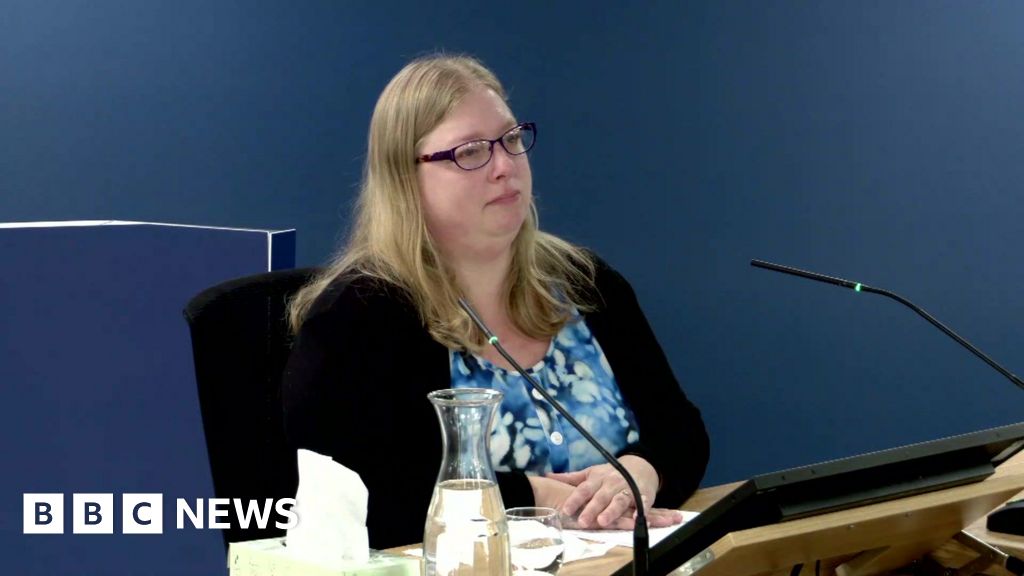

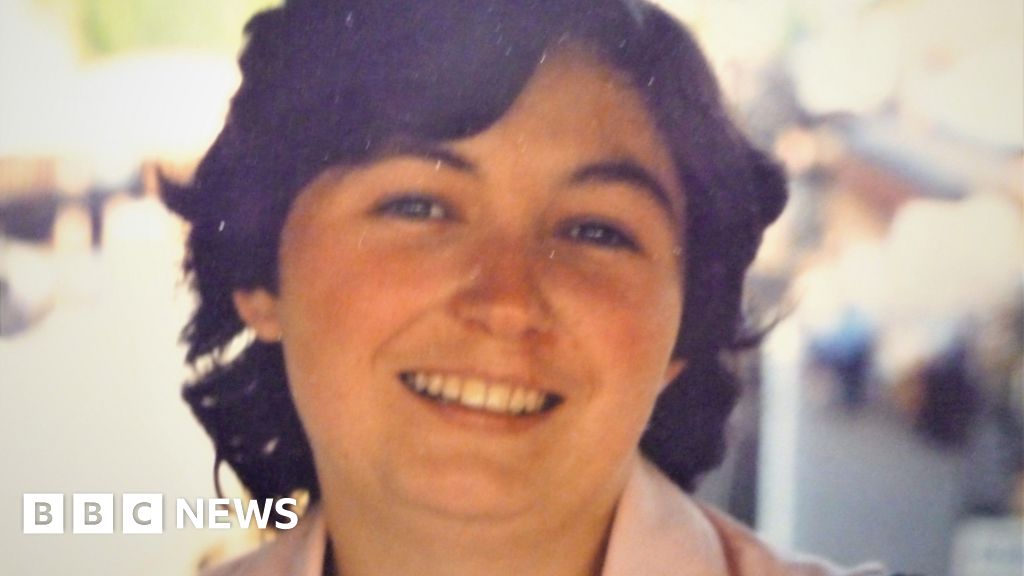



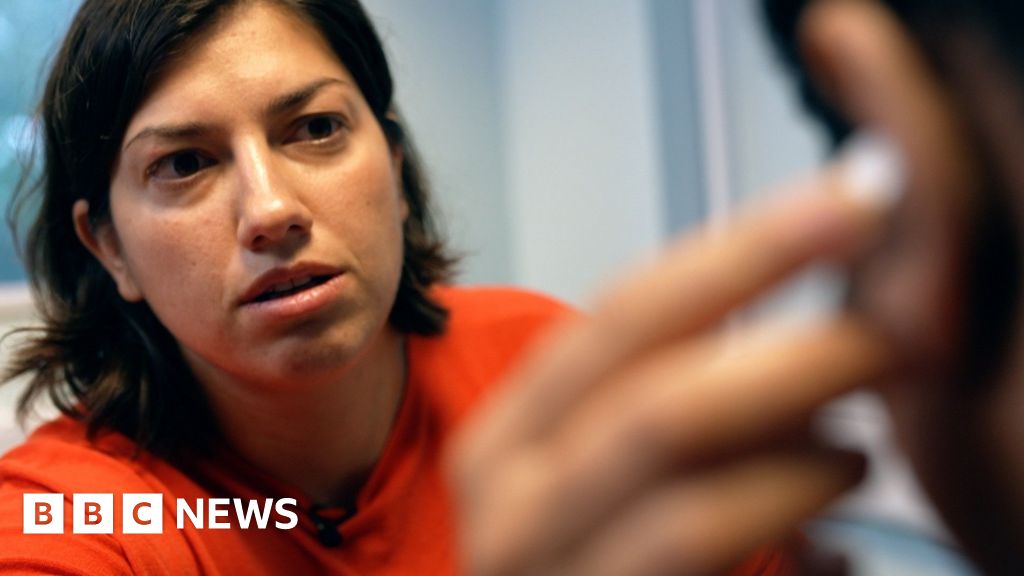













Comments